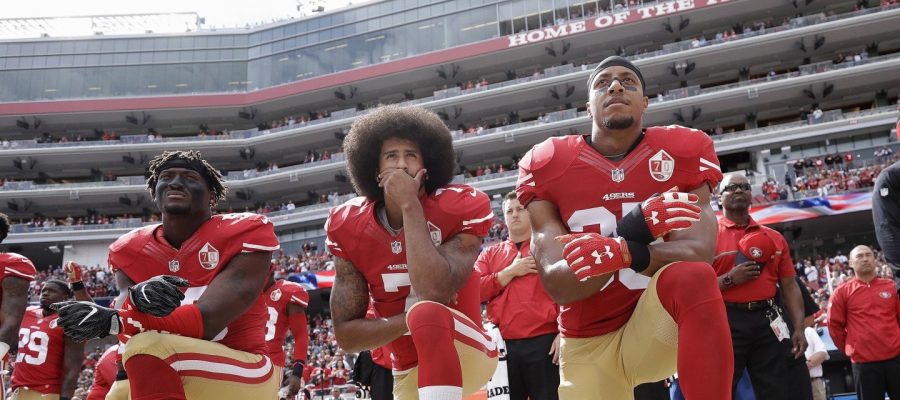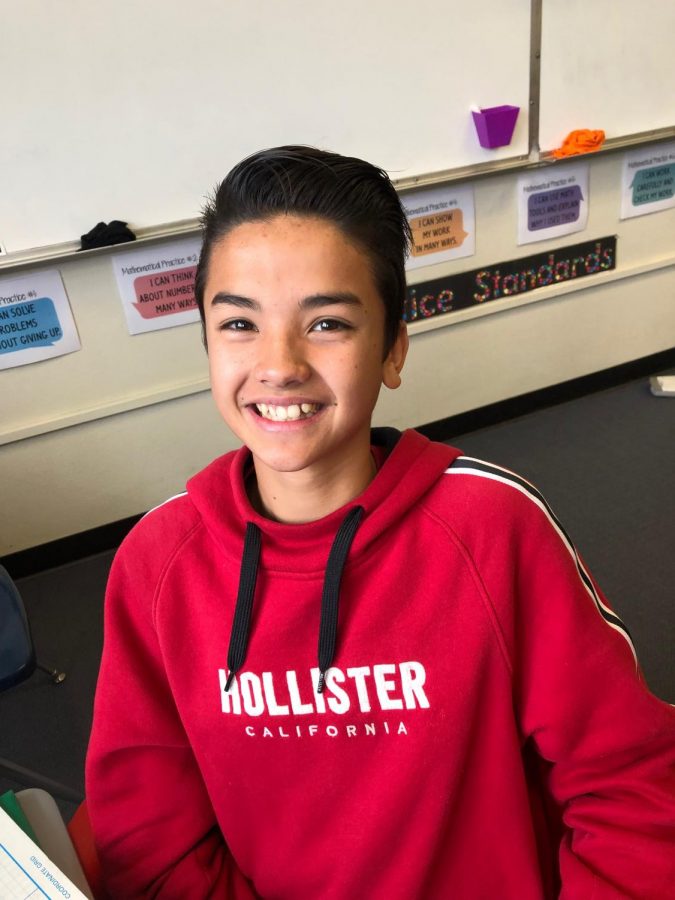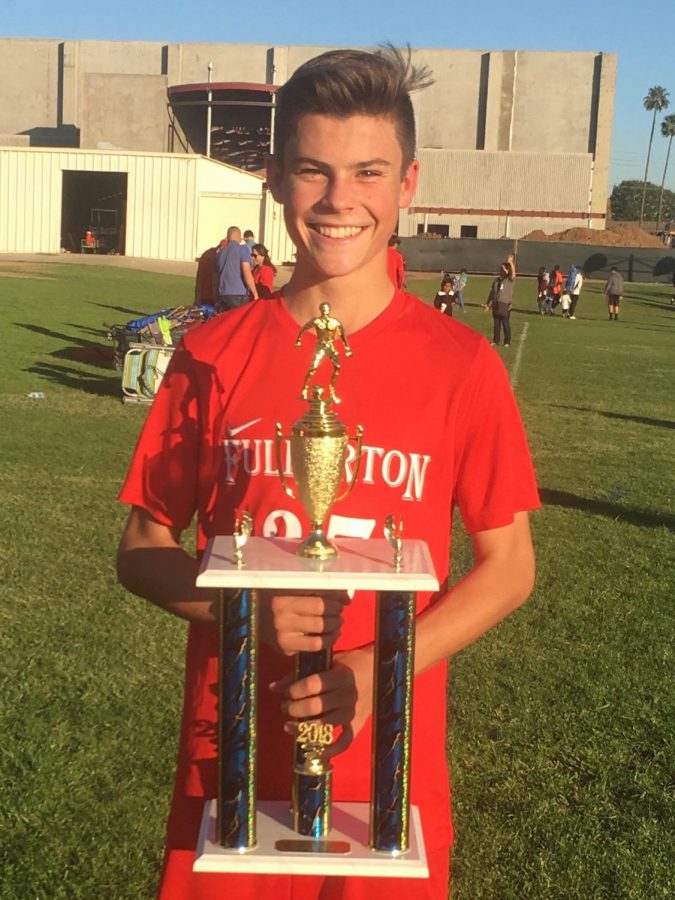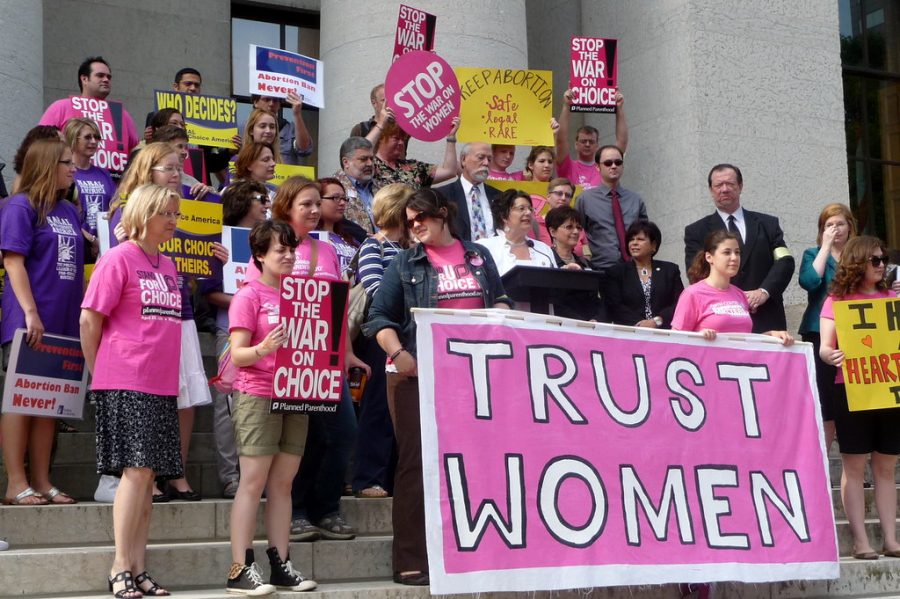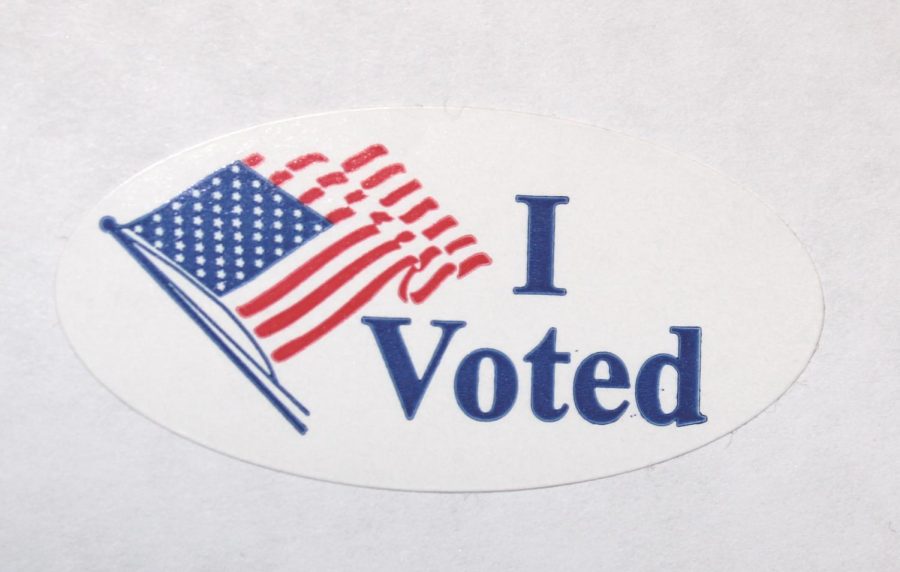On Sept. 1, 2016, controversy swept the nation when San Francisco 49ers quarterback Colin Kaepernick sat down during the national anthem.
Many were confused as to why he sat down and saw Kaepernick’s actions as disrespectful.
Kaepernick explained his reasons for sitting during an exclusive interview with NFL media.
“I am not going to stand up to show pride in a flag for a country that oppresses black people or people of color,” Kaepernick said.
In fact, Kaepernick changed his stance from sitting to kneeling in order to be more respectful when a veteran–who supports the movement–asked him to.
Kaepernick ignited the “Take a Knee” movement—a movement that stands up for injustices and oppression against people of color (POC)—while Barack Obama was president, despite the common misconception that this movement is a protest against Donald Trump.
Colin Kaepernick did not get drafted in the NFL for the 2017 season.
Despite his absence, other athletes have begun “standing up” to racism and social injustice by kneeling.
FUHS football player, senior Jonoven Smith believes Kaepernick was not drafted because of the controversy he caused through the movement.
“I think it’s kinda unfair because he’s better than a lot of guys in the NFL,” Smith said.
People claim that the action of kneeling during the anthem is disrespectful towards the soldiers and veterans who fought for the flag. However, what these people fail to understand is that the movement stands explicitly for racial and social inequality; no statements have been made that it is against the flag.
In fact, Kaepernick originally began the movement by sitting during the national anthem, but when he was asked by a war veteran to kneel, he respected his wishes. This is why the movement is now called “take a knee.”
“This isn’t about the anthem; it’s not about the flag; it’s not about any of that,” said senior Erin Cashin, varsity volleyball player. “It’s about what’s happening in the United States and the injustice and the inequality and the police brutality.”
FUHS basketball player, junior Stone Sinek, acknowledges the fact that athletes reserve the right to protest and believes in the message they are trying to send, but believes that the national anthem is a time that shouldn’t be interrupted.
“They can do it and it’s perfectly fine that they do it,” Sinek said. “But I just think the way they’re doing it shouldn’t happen. The national anthem is a sacred time, and they should just do it outside of football. But, I’m perfectly fine with the message they are trying to send.”
Complaints of keeping politics and sports separated have cumulated; however, singing the national anthem before every game inherently makes the sport political.
FUHS varsity tennis player senior Lauren Le agrees that politics and sports should remain on separate spheres, but understands that the athletes have lives with morals and beliefs outside of their careers.
“[The athletes] are still human and they should still be able to express their rights and their beliefs,” Le said.
The athletes who are brave enough to take a knee should be celebrated–they’re using their platform to spark a conversation and bring awareness to the real issues America is currently facing. The act of kneeling or protesting is often seen as “unpatriotic,” however protesting is the foundation of our country and possibly the most patriotic thing an American can do.
Spreading awareness and showing people that they aren’t alone in their injustices is not the only beautiful thing about the take a knee movement: it gives a voice to minorities who don’t always feel accurately represented.

